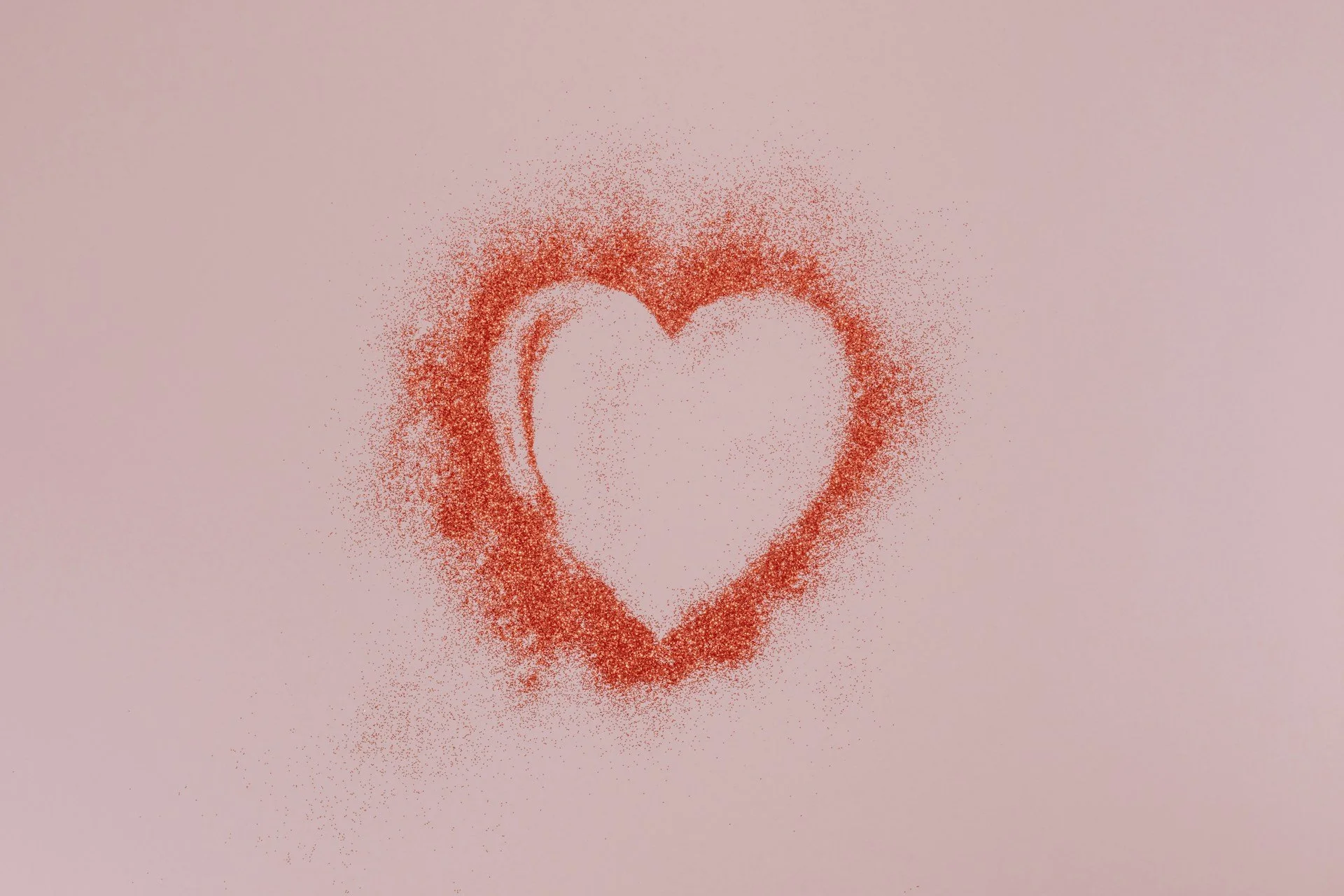Geek Alert: Network Science Says We Have More Control Than We Think
My kids have put me onto some interesting YouTube channels over the years, and I often end up following the content creators so I can stay halfway cool. I don’t go on YouTube often, but the random video channels they’ve suggested are helpful when I need a true distraction. Like yesterday, after I heard a news story on survey results about our deeply entrenched political differences in the U.S. For the first time ever, the survey found, more of us are worried about our divided society than about the economy or our own wallets.
So I went over to YouTube hoping to divert my mind with geeky science. I didn’t expect to find it so uplifting.
This video is about the “six degrees of separation” theory we’ve all heard of (that we’re all only six people apart from knowing anyone else in the world). But it goes beyond the basics and explains how cooperation and competition work within these large networks, especially online.
Basically, on the internet, we’re missing the pockets of connection that reward being nice. Likewise, we don’t have the structure that penalizes being rude and awful. The lovely science geeks in the video break down in plain language why virtual interactions can feel so toxic, especially on social media.
They also explain how we can protect ourselves, and it’s surprisingly simple: Making choices about who we allow into our digital space.
It turns out that I’ve serendipitously structured my social media use to avoid the toxicity swamp. Each feed is extremely carefully curated* because there is only so much time in the day, and dividing up my feeds is my strategy for online efficiency. I had no idea it was helping protect me from incivility, but it is.
As the scientists say in the conclusion of the video, “Our networks shape us, but our actions shape the networks.”
This might help explain why I am so optimistic that most people in the world ultimately have good intentions, and therefore why I’m able to be so confident about entering new situations with strangers day after day after day. The people I choose to connect with online tend to be the “cooperators” instead of the “defectors,” to use the language of game theory. (Defectors are the nasty, negative, betraying *ssholes.)
I have a feeling my explanation is not doing justice to network science. So please go watch the “Something Strange Happens When You Trace How Connected We Are.” Then do some curation of your own social networks and feeds to choose who you hang out with, just like you would in real life.
P.S. Within the first three hours of the video being posted, it had more than 350,000 views. The next time you feel overwhelmed by the thought that the world is full of stupidity and nihilism, just remember: Veritasium has almost 19 million subscribers. There are more of us cooperators than there are *ssholes, and we have the power to choose who we surround ourselves with.
* One platform (Facebook) to keep up with family and friends, and I avoid the main feed where the algorithms are in control by swiping right to view posts only from those I’m following. Another platform (Instagram “Nobody’s Pendeja”) for acquaintances and people I want to follow because I know their posts are uplifting. A third (Instagram “Amy in Words”) for all the St. Louis restaurants and bars and nonprofits and other organizations I follow for work. A Bluesky account where I shout into the wind, because it’s freaking impossible to find anyone I know in real life on that platform, and where I follow political influencers and news sites. A LinkedIn account where I hardly ever remember to post because I’m usually only on it for my marketing and PR clients. A YouTube account where I follow a very select group of content creators and save a whole lot of music. A free Spotify and an Amazon Music account where I follow a few dozen high-quality and well-researched podcasts. If I accidentally subscribe to someone who just likes to hear themselves talk, I ditch them immediately. I got off X completely quite a while ago, and I’m not on TikTok or Snapchat or any of the zillions of others.
